A true friend
Written by H, Posted in Christian Living, Published Work
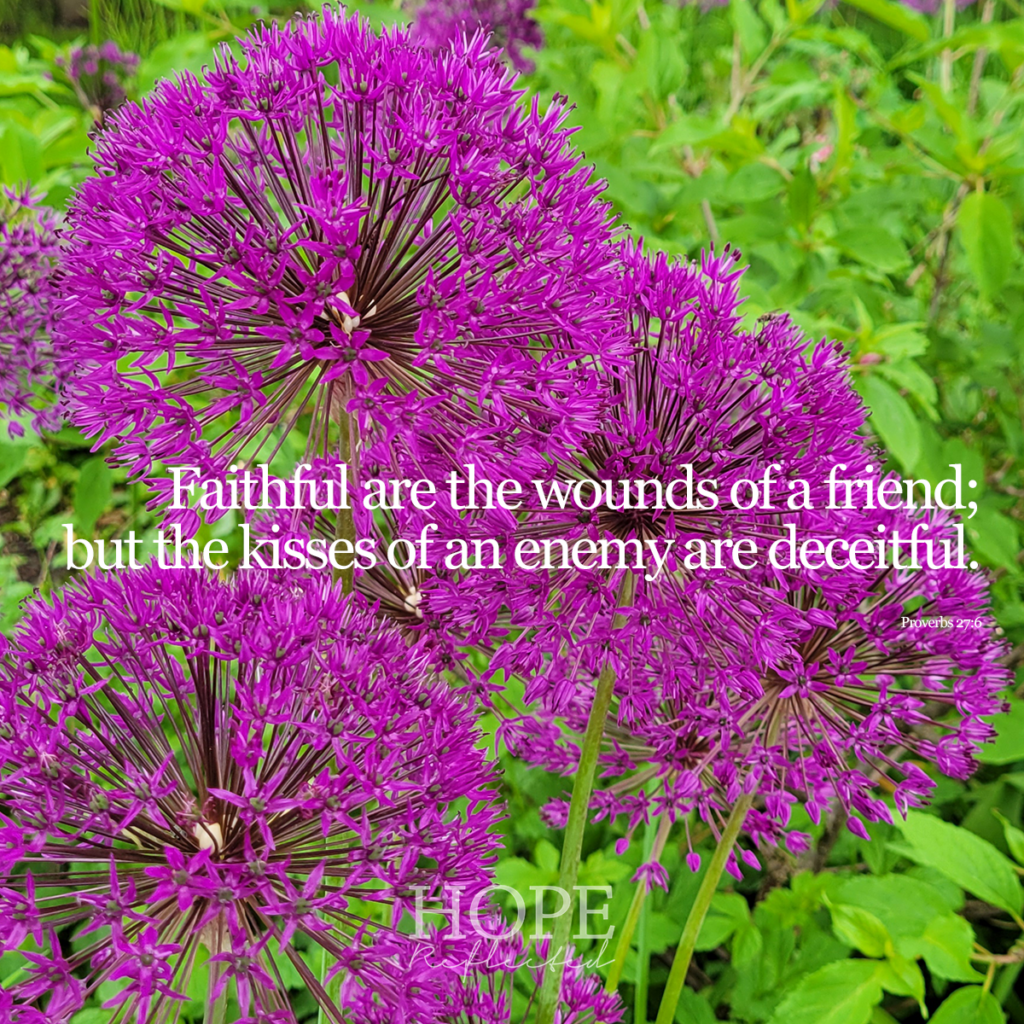
In addition to death and taxes, something we all have in common is that at some point or another, we have been wounded by someone who we called a friend.
Many of us are also guilty of doing the wounding.
It is so common an occurrence that Solomon wrote in Proverbs 26:24-26, “He that hateth dissembleth with his lips, and layeth up deceit within him; When he speaketh fair, believe him not: for there are seven abominations in his heart. Whose hatred is covered by deceit, his wickedness shall be shewed before the whole congregation.”
False friends or counterfeit kindness; whatever you want to call it, the world is filled with people who will say one thing to your face and then another behind your back; people who will woo you in order to get something from you.
It’s sad, but it’s true.
The Bible provides us with examples from Joab to Judas, and yet, we’re surprised when we find ourselves deceived and hurt by someone else.
So what are some of the hallmarks of a true friend?
Qualities of a true friend
One characteristic of a true friend is that they are faithful, not flatterers. “Faithful are the wounds of a friend; but the kisses of an enemy are deceitful.” (Proverbs 27:6) Better a friend who reproves our wrongs than one who doesn’t have our best interest at heart.
Judas in the Garden betrayed Jesus with a kiss, and Solomon himself warned that we ought to exercise caution when it comes to flattery. “When he speaketh fair, believe him not” (v. 25).
This doesn’t mean that we should question every time a friend pays a compliment or demonstrates kindness, but it does mean that we need to apply wisdom in who we trust. Someone who uses flattery is typically someone who will use you.
Flattery is disingenuous and to the discerning mind it should be easy to see it for what it is. David wrote that the throat of those who flatter “is an open grave” (Psalm 5:9), and Paul wrote that those who are deceived by flattery are “simple” (Romans 16:18).
Another quality of a true friend? They have control of their emotions and do not let their emotions control them. The heart is deceitful above all things and desperately wicked (Jer. 19:7), but those “seven abominations” (v. 25) as Solomon referred to them should not control the Christian’s actions. A true friend will not bolster you up in an attempt to bring you down, nor will they bring you down in order to build up themselves. Careful are the reproofs of those who truly care for us.
Proverbs 17:17 says that a friend loves “at all times”—not just when they want something, and not just when the going is good. True friends are consistent, whereas those who attempt to deceive others through flattery and false motives will eventually be exposed. “Whose hatred is covered by deceit, his wickedness shall be shewed before the whole congregation.” (v. 26).

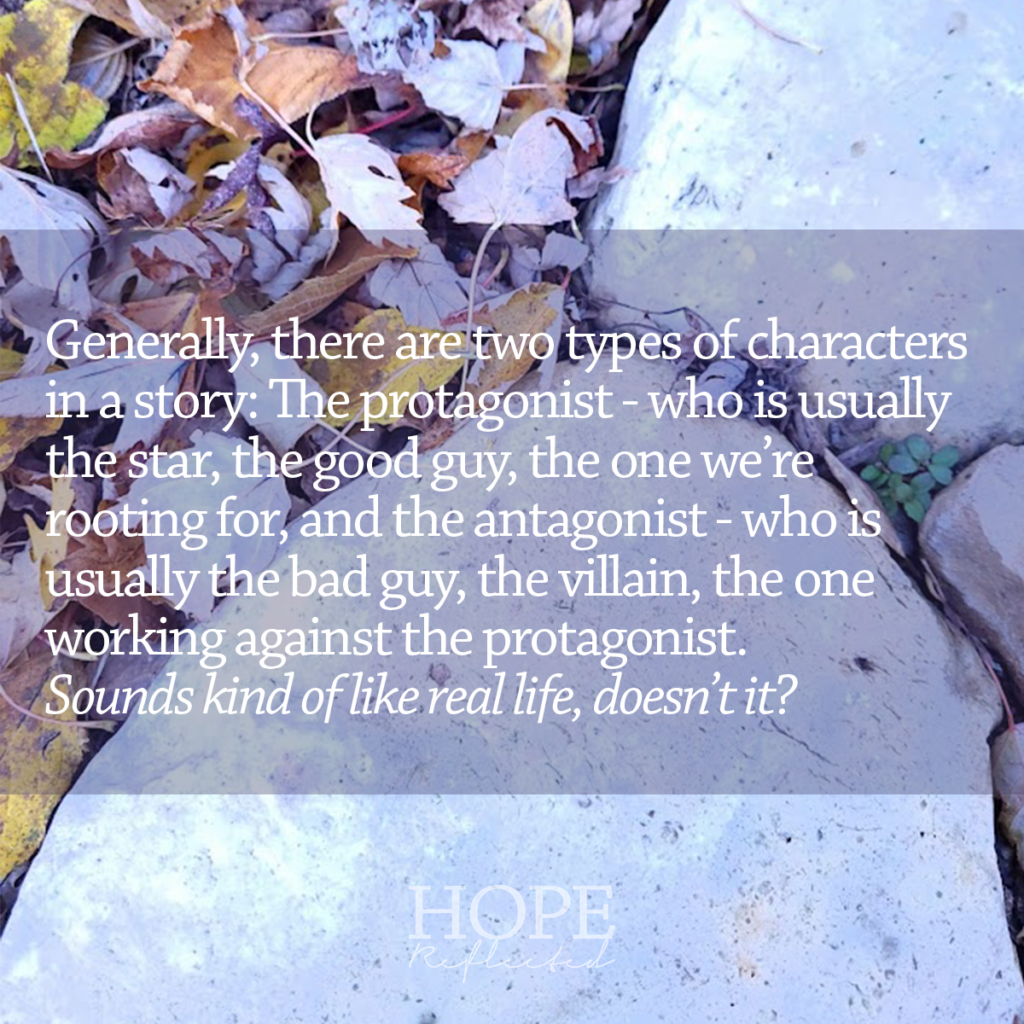
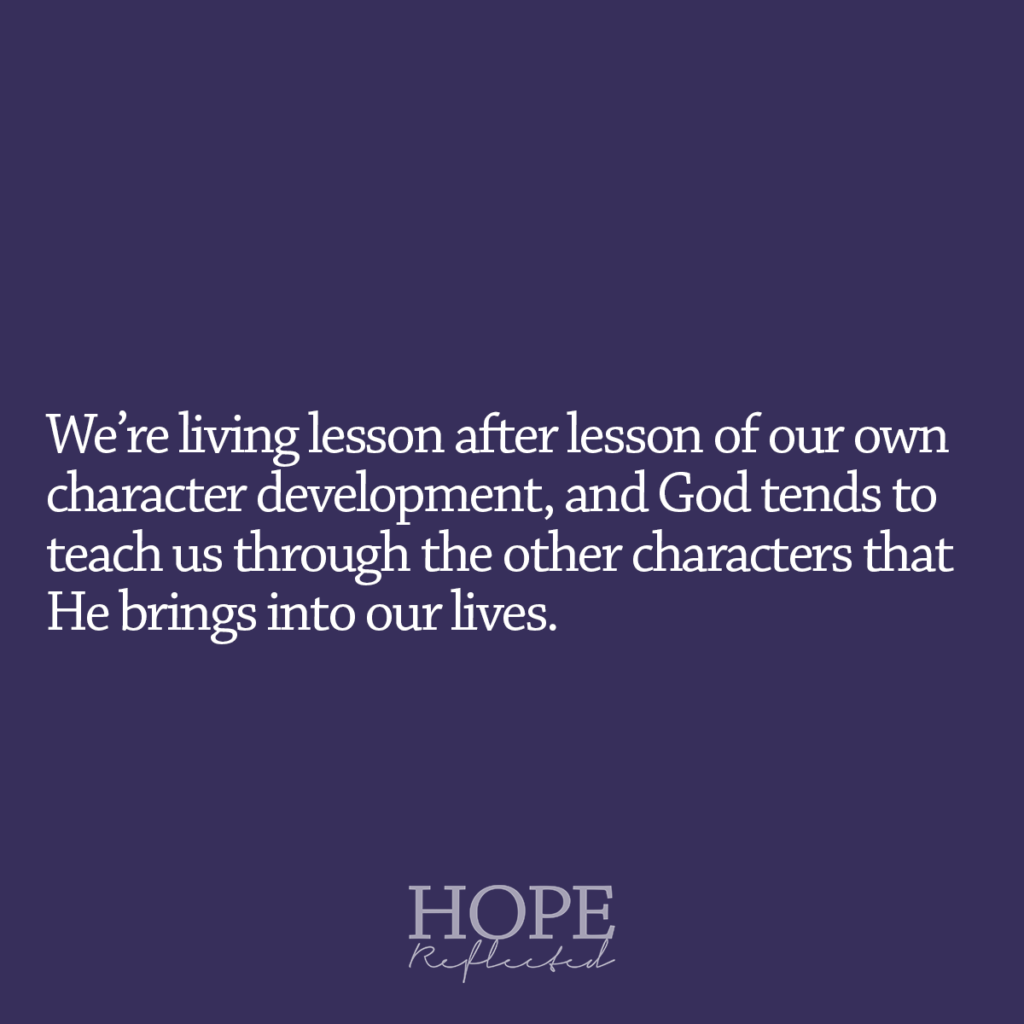

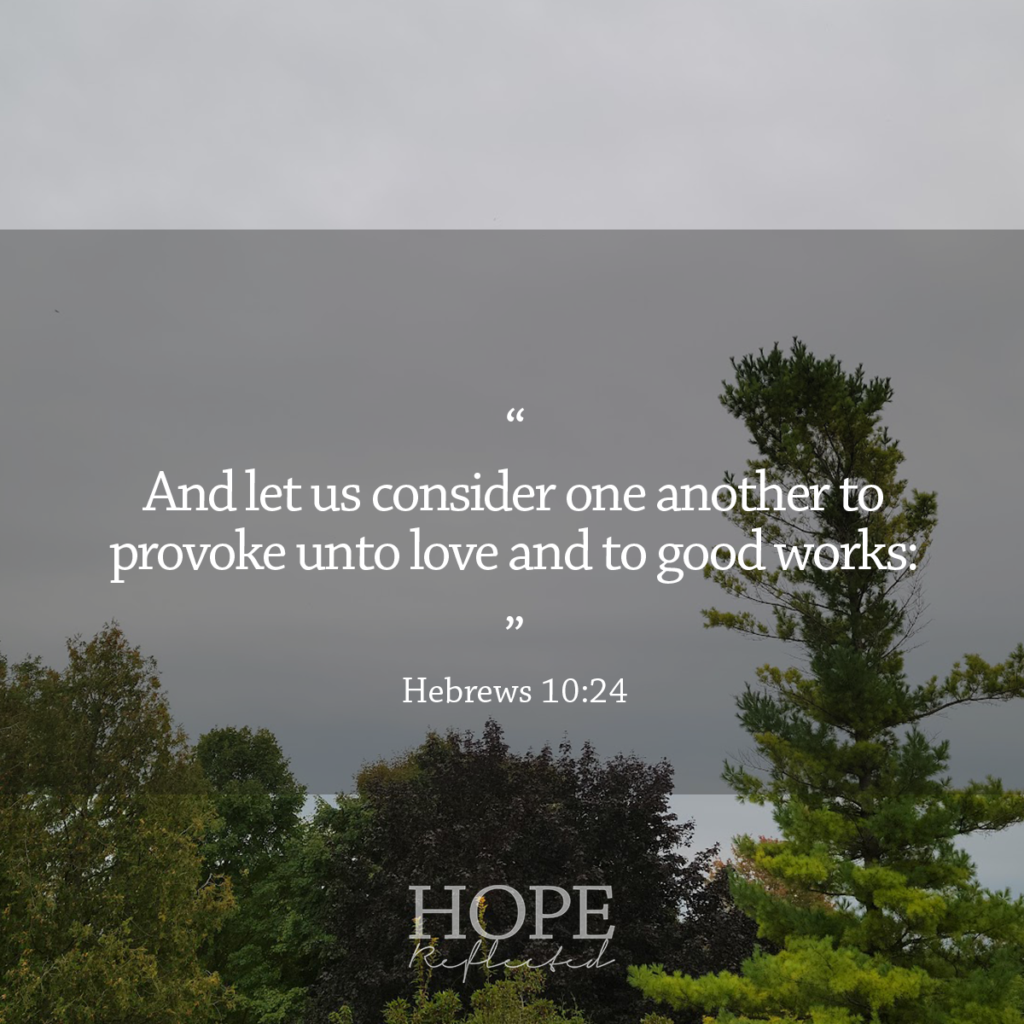
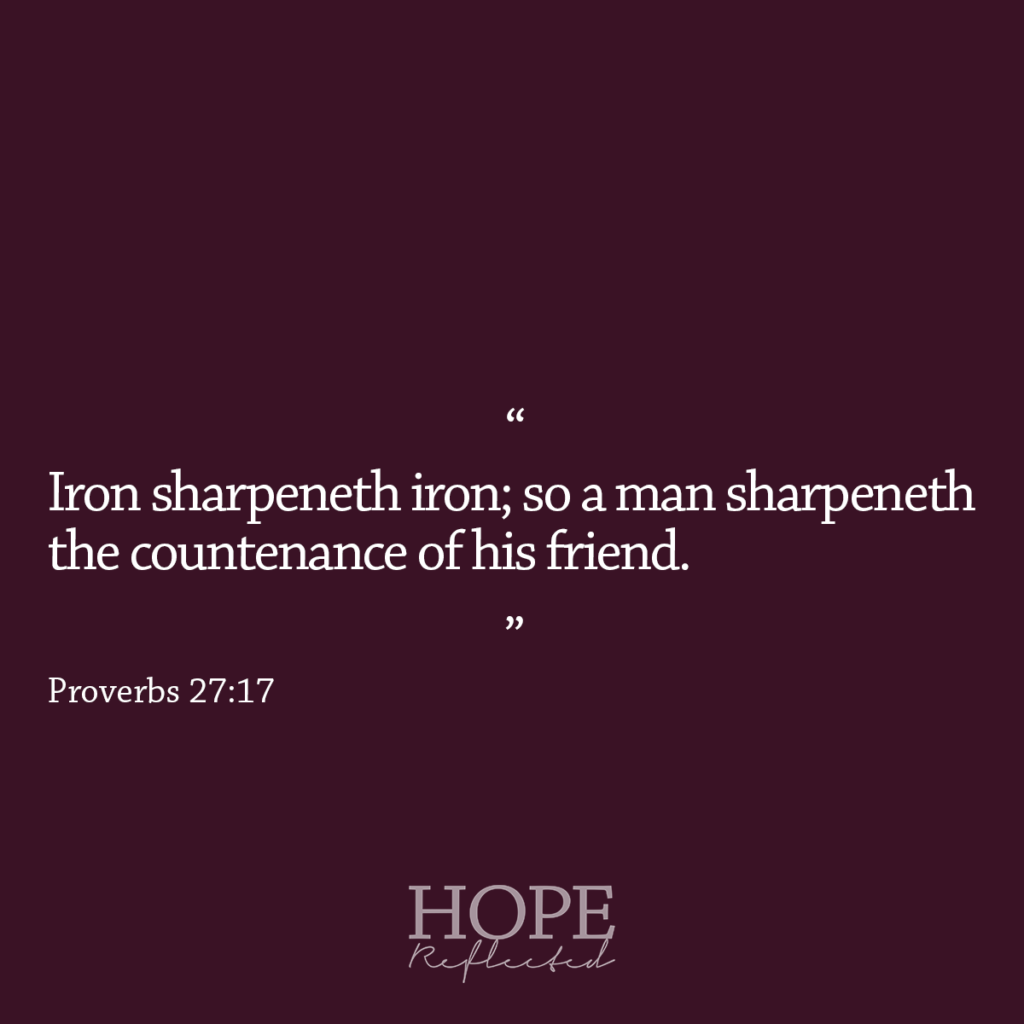
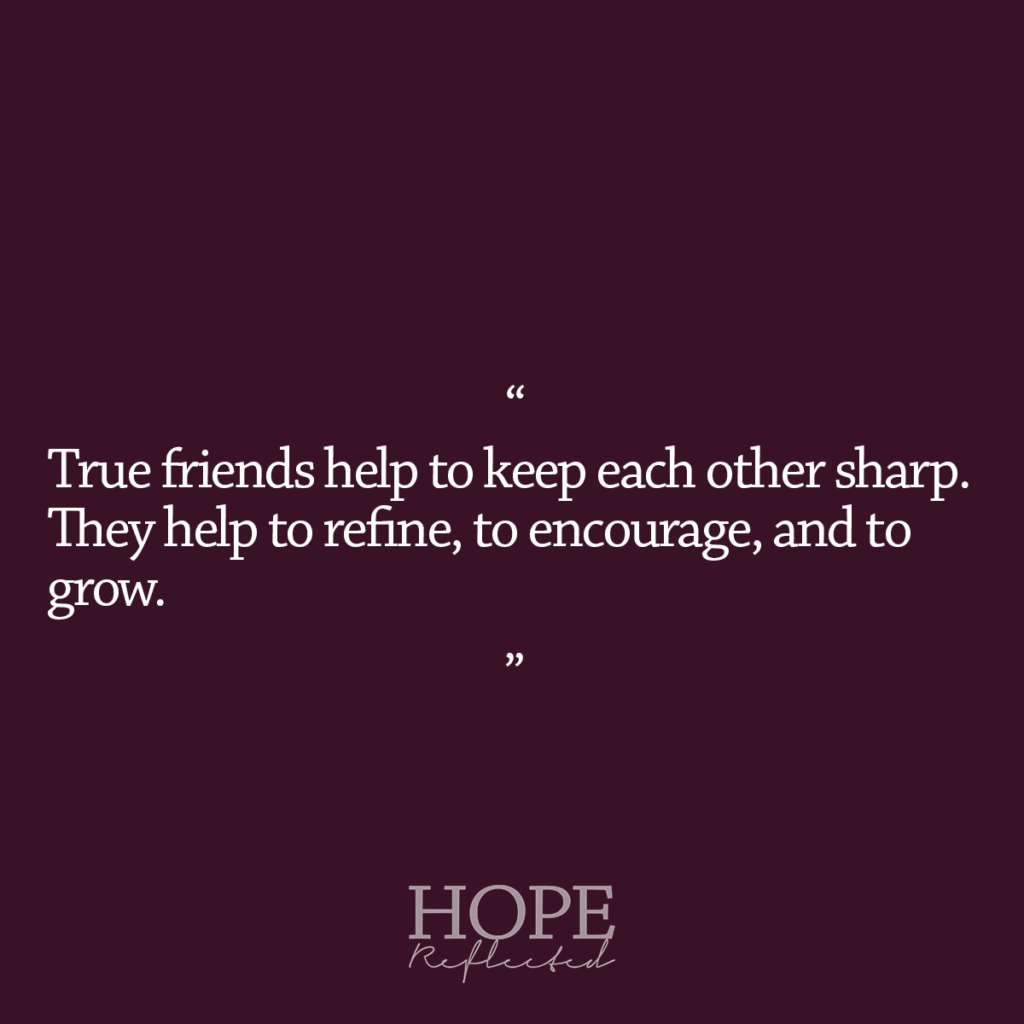


![False friends or counterfeit kindness; whatever you want to call it, the world is filled with people who will say one thing to your face and then another behind your back; people who will woo you in order to get something from you.
It’s sad, but it’s true.
The Bible provides us with examples from Joab to Judas, and yet, we’re surprised when we find ourselves deceived and hurt by someone else.
So what are some of the hallmarks of a true friend?
You can read more about this on hopereflected.com [Link in profile]
.
.
.
#friends #friendship #kindness #counterfeitkindness #hurt #proverbs #truefriends #hopereflected #blog #blogpost](https://www.hopereflected.com/wp-content/plugins/instagram-feed/img/placeholder.png)